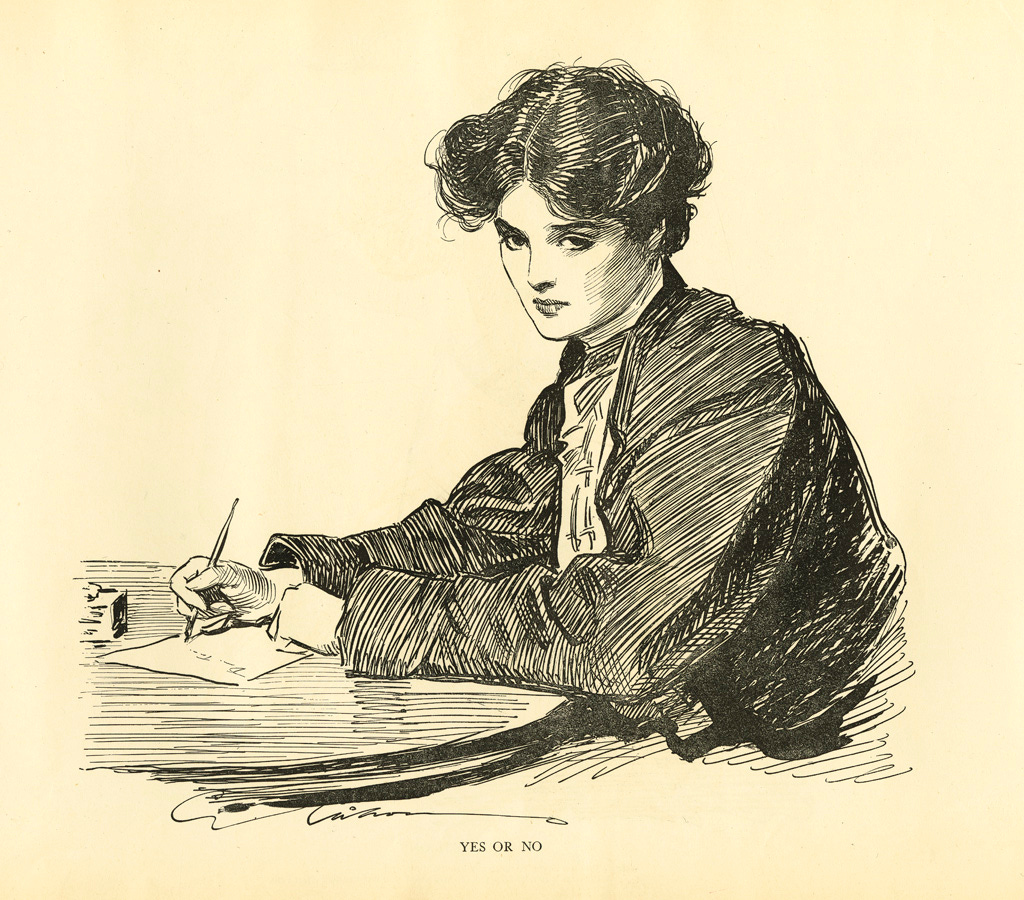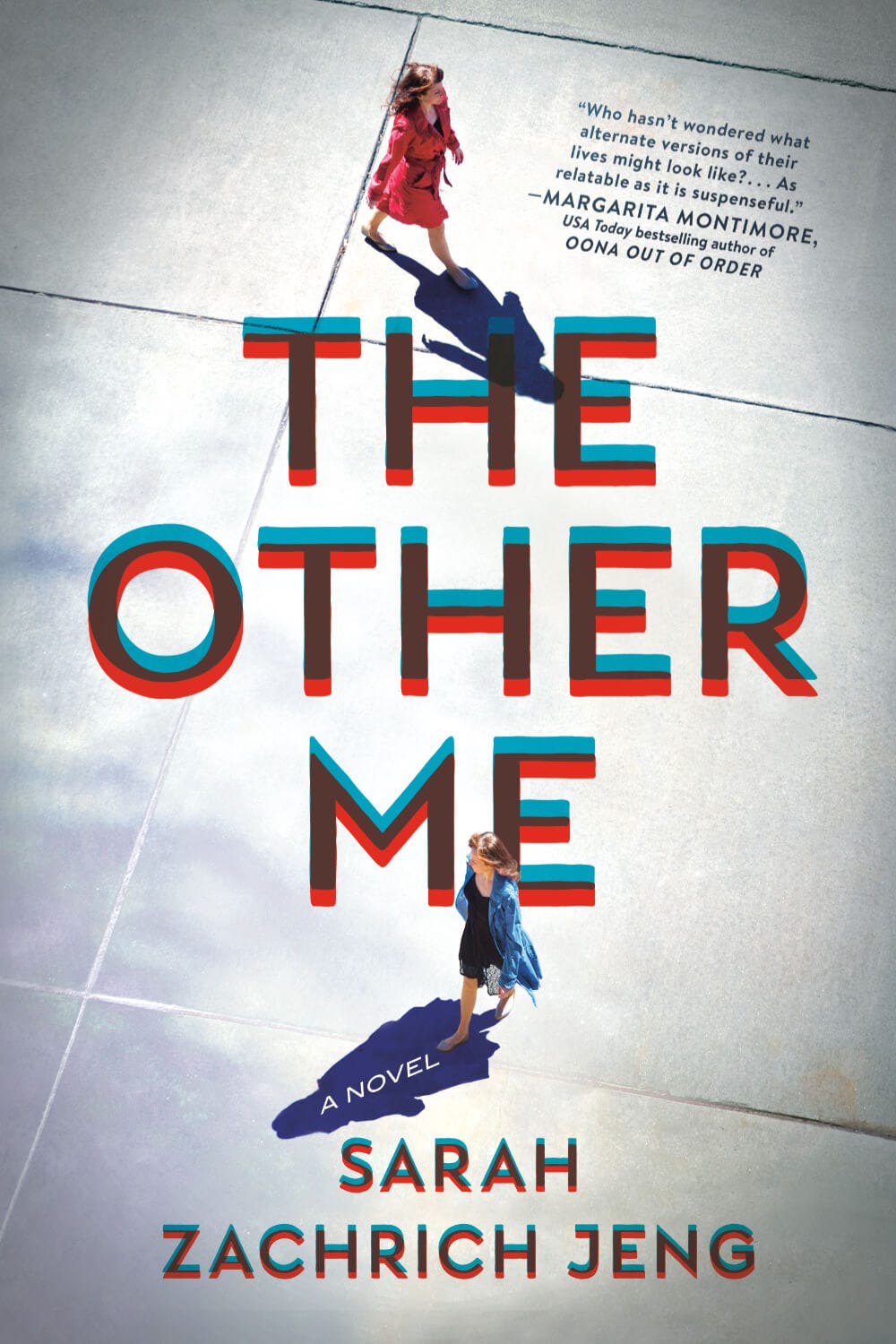
I read that Guardian story people were talking about on Twitter a couple of weeks ago, but because I’m a novelist and not a journalist, I’ve just now gotten my words together about it. The gist is that the author, Isabel Kaplan, is a writer whose boyfriend, also a writer, broke up with her because he couldn’t handle the idea of her writing about him and their hypothetical future children. At least, that’s what he told her, and the story does avert the stereotype of the failed writer resenting his more successful partner. Kaplan’s ex has a good career, which makes his behavior all the more inexplicable and cruel. It’s clear that he felt threatened by her writing on more than one level. The comments he makes to her dramatize the societal expectation that women always put their loved ones before ambition, even if that means suppressing their own truths. “In any relationship, there is an expectation of privacy,” Kaplan writes. “There is also an expectation of respect. Violate the latter and you relinquish your right to the former.”
Respect is more than just claiming to be happy for a partner’s success, yet there is a hard limit to how supportive men are expected to be of their partners’ aspirations. There is some evidence that heterosexual men who are financially dependent on their wives are more prone to cheating, and that het marriages where the husband earns less are more likely to end in divorce. Things go better when husbands help their wives in tangible ways such as doing housework: that is to say, when they demonstrate that they value their partners’ accomplishments rather than just saying so.
My husband doesn’t read my writing. He has nothing to do with publishing; his reading, when he reads, tends toward the Witcher novels and Terry Pratchett. I’m glad not to have a creative cage match going on in my house, but it still gives me a weird little tickle of shame when I come across mentions of other authors’ partners helping them brainstorm scenes.
Does my husband have to absorb the words I put on the page to be truly supportive, or is it enough that he happily listens to me dissect Twitter drama and bought me sympathy chocolates when I got my last edit letter? There are many forms of support, and I think our dynamic works for us (I would rather he not read my work than take it upon himself to critique it). Yet I still find myself trying to accommodate, to fit this huge part of myself into a space that won’t inconvenience my family. Writing on deadline, with a holy-shit-the-world-is-burning attention deficit, requires more than the two hours I can carve out in the morning before work, and I feel guilt when it spills over into family time (or what my FOMO says should be family time). I get caught in the trap of believing my work only has value if it makes money. What if my next book deal is half the amount of my first? What if I don’t get another book deal? Am I then less justified in spending Saturday afternoons outlining instead of vacuuming?
I don’t know how much of this is self-imposed—a lot, I think. An insidious thing about misogyny is that we’re made to feel guilty about not performing our appropriate role, then shamed for that guilt, as if it’s easy to shake off a lifetime of cultural conditioning. My husband takes on plenty of the work of running the house and caring for our family. Yet I don’t know how much of my gratitude for that is my holding him up against the dismally low standards we have for men in this society. That one dude needing his wife to make him a grocery list with cut-and-pasted pictures of packaging was a joke, but it struck a chord in the comments. We laugh at learned helplessness and weaponized incompetence when we should be kicking it to the curb. (And yes, I’m aware that men do gendered tasks that many women don’t bother to learn. These don’t tend to be the everyday drudgery.) Then we’re shamed if we stay. Every online complaint about a man who doesn’t pull his weight is met with some variation of the reply: Why do you put up with it, then? Or the classic Why don’t you just tell him what you want him to do?
Because these men are the good ones, the ones who don’t abuse their partners or blatantly sabotage them. What does “good one” even mean, in a country that has never been able to bring itself to elect a woman president? The structural issue is that our society is still deeply uncomfortable with women excelling in ways that aren’t in the service of uplifting something greater than themselves. While publishing a book is a team effort, writing one is individualistic, even egotistical. Writing is a secret and selfish process that demands seclusion. Sometimes I’ll be in the same room with my family, yet half in the world of whatever I’m working on. This psychic walling-off is common enough among writers, but antithetical to the way we are supposed to be as women: available, open, good listeners. I am very often not a good listener.
Kaplan writes in her Guardian essay that her ex would mock women authors who wrote about their feelings. His inability to relate their inner lives to his own seems like a choice that a lot of men make. As a society, we are doggedly resistant to the idea of women’s stories being universal (though at least the “women’s fiction” genre label seems to be going the way of the more pejorative “chick lit”). Books about motherhood still get reviews that use gendered insults. This is depressingly similar to the way we push the stories of authors of color into niches, making them separate, other. It is difficult to fully support something you see as foreign to yourself. There’s also a difference between patting yourself on the back for making that effort anyway, while keeping yourself apart, and doing the work to relate on a personal level.
The book I’m working on features male characters who resent and undermine the women close to them, in ways both obvious and hidden. Their actions drive the plot, but it’s also just realism. For inspiration, I delved into everything from long-past personal experience to AITA threads on Reddit. Many, many women have stories of partners who acted supportive on the surface while digging away at their foundations. They didn’t realize what was going on, or at least how awful it was, until they were out of the relationship and had some distance. That holy hell, did I dodge a bullet! feeling is common, even when we’re already full of holes.
The title I chose for this issue is somewhat tongue-in-cheek, but there’s truth to it. I’m sure there are plenty of cishet couples where both are creatives and they support and champion each other equally. Still, I like having that separation between my writer self and my family self, even if it’s sometimes hard to fit both of them into one body. And my husband hasn’t tried to get me to promise not to write about him…yet.
If you enjoy my ramblings, you might also like my book! NPR said The Other Me “resists categorization, blending the impossible with the probable with the downright plausible.”





"That holy hell, did I dodge a bullet! feeling is common, even when we’re already full of holes."
OUCH, yes.